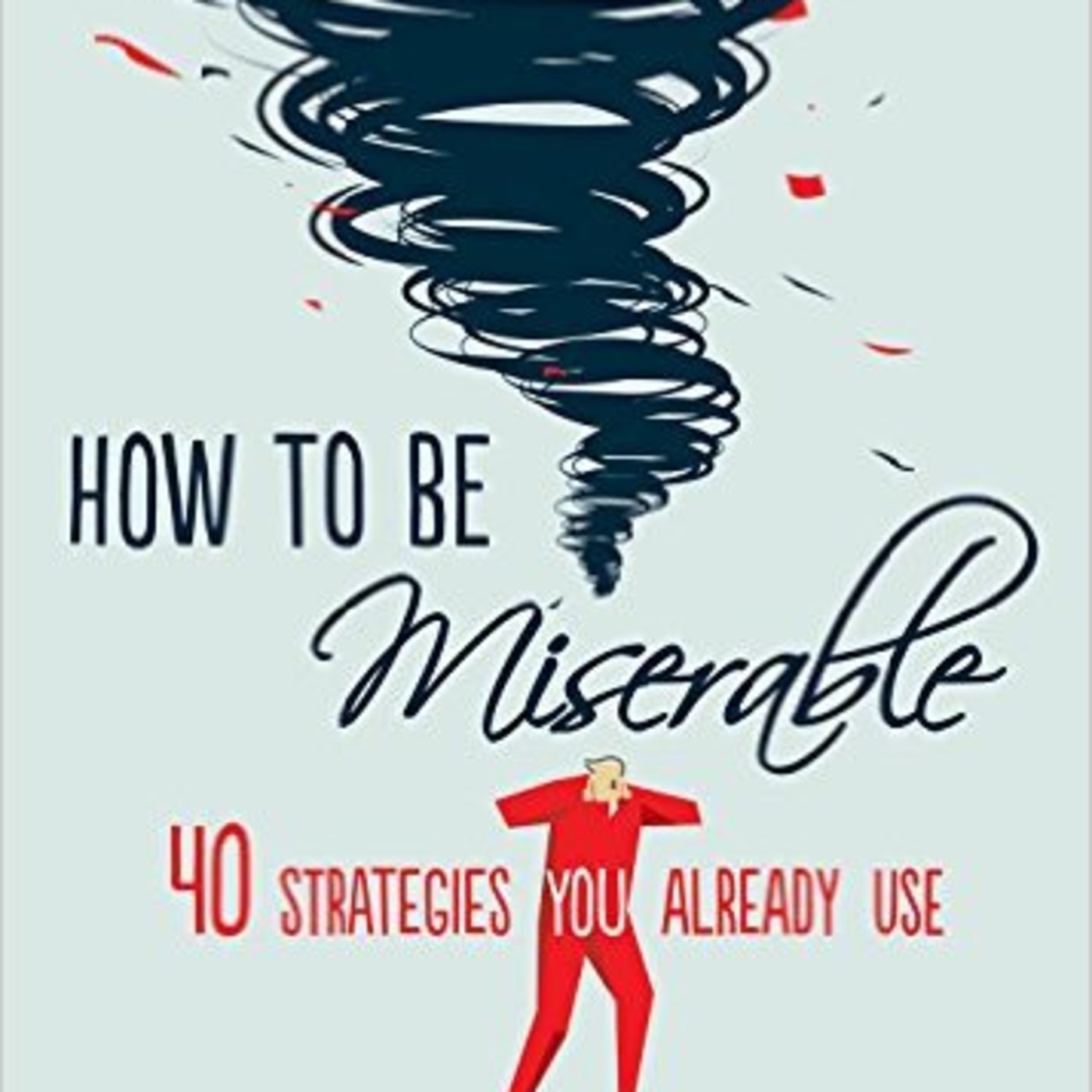
Relationships 2.0 With Dr. Michelle Skeen
Science:Social Sciences

Guest: Randy J. Paterson PhD (PART 2), author of How To Be Miserable: 40 Strategies You Already Use
 2016-09-15
2016-09-15
Download
Right click and do "save link as"
This week on Relationships 2.0 my guest is Randy J. Paterson (PART 2) author of How to Be Miserable: 40 Strategies You Already Use
About the book:
In How to Be Miserable, psychologist Randy Paterson outlines 40 specific behaviors and habits, which—if followed—are sure to lead to a lifetime of unhappiness. On the other hand, if you do the opposite, you may yet join the ranks of happy people everywhere!
There are stacks upon stacks of self-help books that will promise you love, happiness, and a fabulous life. But how can you pinpoint the exact behaviors that cause you to be miserable in the first place? Sometimes when we’re depressed, or just sad or unhappy, our instincts tell us to do the opposite of what we should—such as focusing on the negative, dwelling on what we can’t change, isolating ourselves from friends and loved ones, eating junk food, or overindulging in alcohol. Sound familiar?
This tongue-in-cheek guide will help you identify the behaviors that make you unhappy and discover how you—and only you—are holding yourself back from a life of contentment. You’ll learn to spot the tried-and-true traps that increase feelings of dissatisfaction, foster a lack of motivation, and detract from our quality of life—as well as ways to avoid them.
So, get ready to live the life you want (or not?) This fun, irreverent guide will light the way.
About the author:
Randy J. Paterson, PhD, is director of Changeways Clinic, a private psychotherapy practice in Vancouver, BC, Canada. He is author of The Assertiveness Workbook and Your Depression Map, and he conducts training programs for professionals on evidence-based treatment. Through Changeways Clinic, Paterson presents lectures and workshops internationally on topics including mental health policy, cognitive behavioral therapy, the nature and treatment of depression and anxiety disorders, and strategies for private practice management. He is the 2008 recipient of the Canadian Psychological Association’s Distinguished Practitioner Award. For more information on Paterson, his presentations and workshops, or Changeways Clinic, visit www.changeways.com. To view Paterson’s blog on psychological and practice issues, please visit www.psychologysalon.com.
view more
More Episodes
012345678910111213141516171819
Create your
podcast in
minutes
- Full-featured podcast site
- Unlimited storage and bandwidth
- Comprehensive podcast stats
- Distribute to Apple Podcasts, Spotify, and more
- Make money with your podcast
It is Free
- Privacy Policy
- Cookie Policy
- Terms of Use
- Consent Preferences
- Copyright © 2015-2024 Podbean.com





